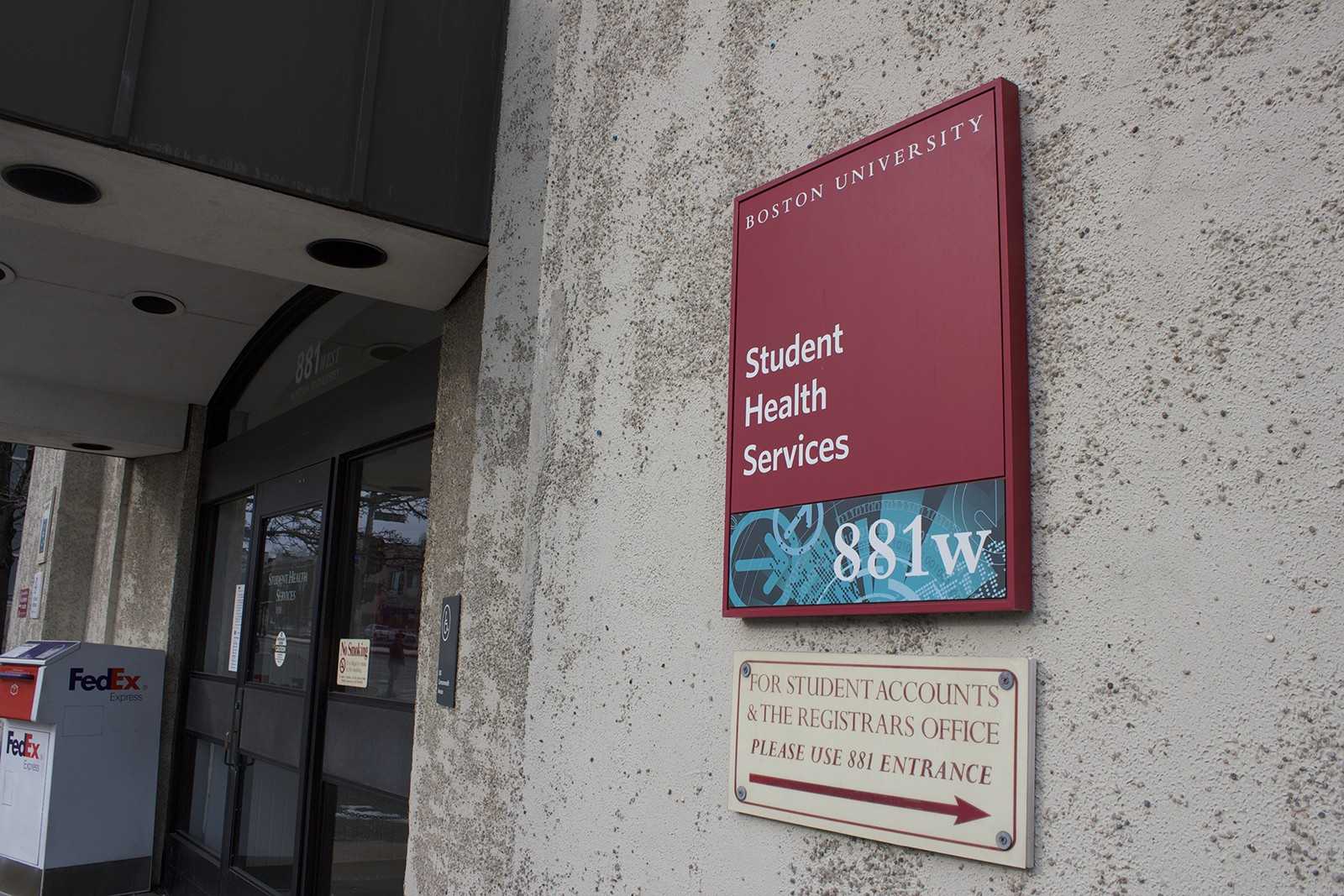Boston University’s Student Health Services’ Behavioral Medicine department has a counterpart for faculty and their families, called the Faculty and Staff Assistance Office. FSAO offers counseling and referrals for personal, mental health and work-related issues. The office allows for up to six sessions.
FSAO’s main purpose is to improve the performance and reduce the stress of BU faculty at no extra charge. Faculty members sign up for appointments and then meet with a professional therapist or counselor to have their situations assessed. The FSAO’s website shows an extensive list of the services it provides.
BU students have a similar resource in Student Health Services’ Behavioral Medicine, but making an appointment with Behavioral Medicine is often a long process.
There are still many parallels between FSAO and Behavioral Medicine, and there are some ways in which the university could take students’ need for mental health treatment as seriously as it does the faculty’s.
Students’ problems start with being required to call SHS via phone rather than online. Just taking the time and preparing to make a phone call is enough stress for those in need of behavioral health services, and it might be enough for them to never want to make an appointment again. The whole ordeal is just too much of a struggle, especially if a student is going through a rough period.
Often, students have to book appointments two or three weeks in advance to see a therapist. “Weeks” is not the appropriate time frame when dealing with mental health, an area in which serious issues can develop quite rapidly. And even if a student will wait weeks, the available time slots are so limited that they conflict with classes, work and other obligations.
However, if a student is going through a very serious or life-threatening event, there is a greater chance they’ll be able to see a professional sooner. Students are asked how dire their needs or medical situations are. But the entire reason people call Behavioral Medicine is because they oftentimes can’t put a label how they’re feeling.
There’s so much enthusiasm for raising awareness of mental health on campus, but not enough resources to help treat it. Students have been the main advocates for de-stigmatizing mental health, and it’s because they’re the ones who experience the stigma firsthand.
FSAO is equally important, as it improves BU staff’s mental health and job performance. A university can’t run without a stable team of faculty. Instead of bringing FSAO down to the level of SHS, it’s time for the university to handle students’ mental health as well as it does with its faculty’s.
As it usually goes with a private university, it all goes back to money. There’s enough money somewhere in BU’s budget. The university has the ability to allocate more money toward students’ mental health, but it’s just not being done well at the moment.
Students’ complaints often repeat themselves — we pay so much and receive so little in terms of care. The only way to combat this problem is by expanding the Behavioral Medicine department of SHS. It will be interesting to see how the $50 per student increase in the health and wellness fee will be used to improve behavioral health on campus.
There are not enough resources in this place where there should be. The university should realize that students can’t thrive academically if they are suffering mentally. Mental health not only has to be de-stigmatized on campus, but it must become more accessible for both students and faculty. With or without stigma, there is still a need for treatment that BU must tend to.






















































































































Harold A. Maio • Apr 1, 2016 at 8:56 am
—-Students have been the main advocates for de-stigmatizing mental health, and it’s because they’re the ones who experience the stigma firsthand.
One hopes you mean they are the one’s who experience the discrimination first hand. Who taught you to call it “stigma”?
“Stigma” is the victimizer’s word, discrimination is the victim rising up against it.
Harold A. Maio, retired mental health editor